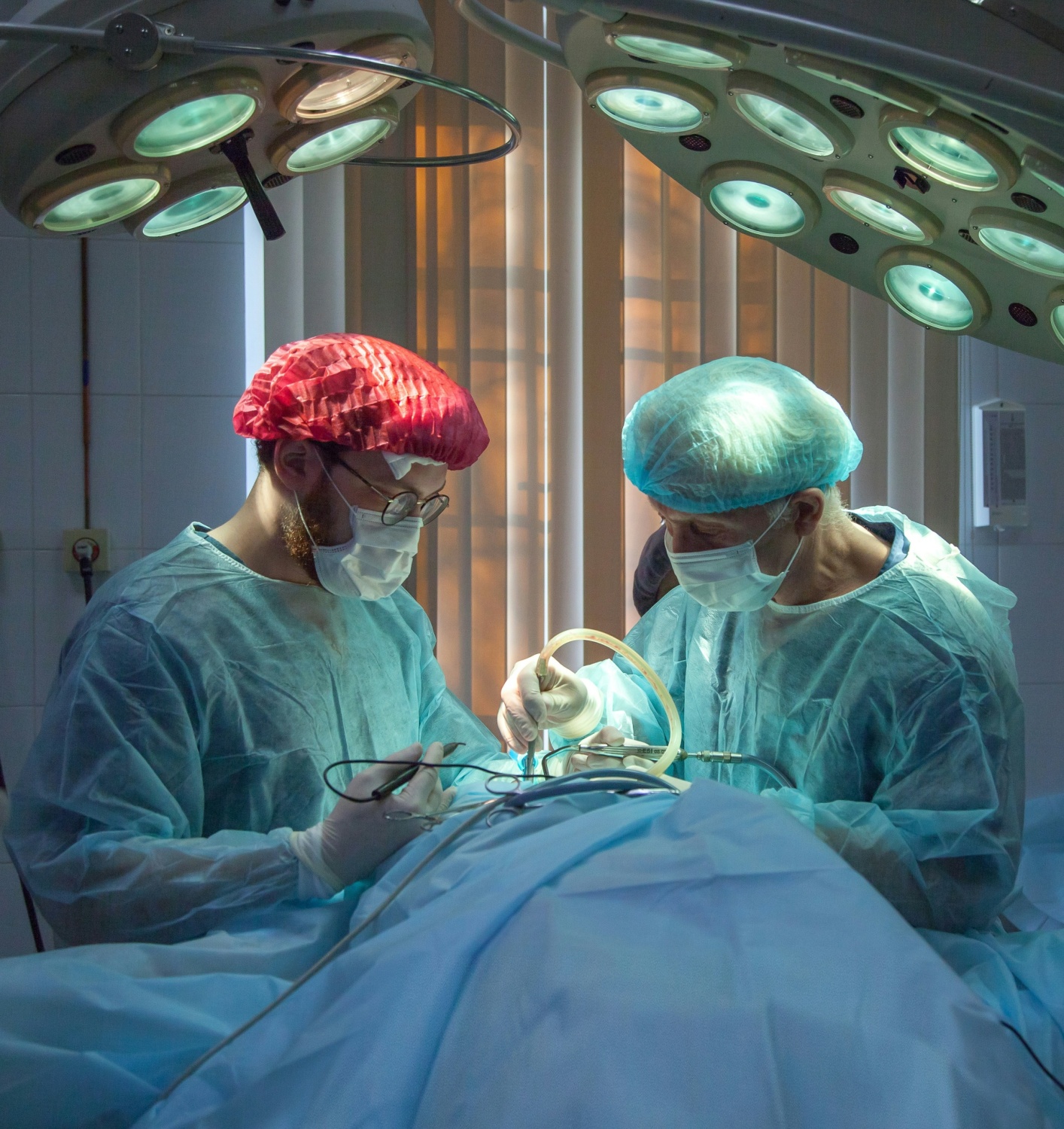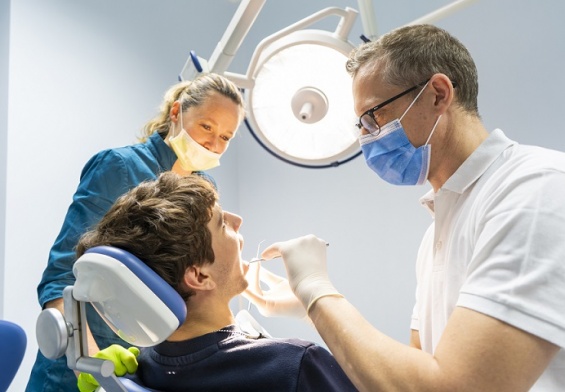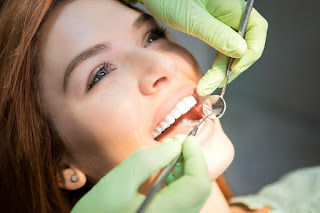Maxillofacial surgery, encompassing a range of procedures targeting the facial skeleton, teeth, and soft tissues of the face and mouth, is a significant medical intervention that necessitates a period of careful recovery. Whether you’re undergoing this surgery for corrective, reconstructive, or cosmetic reasons, understanding the recovery process is crucial. Post-operative care, managing common symptoms, and adapting to temporary lifestyle changes are essential aspects of your healing journey.
This comprehensive guide aims to demystify the post-surgery experience, offering insights into what patients can expect in the days and weeks following maxillofacial surgery. From dealing with initial discomfort and swelling to navigating dietary restrictions and oral hygiene, we’ll provide you with the necessary knowledge to manage your recovery effectively. By understanding the nuances of the healing process and adopting the recommended post-operative care strategies, you can ensure a smoother and more comfortable path to recovery.
The Immediate Aftermath of Maxillofacial Surgery
In the initial hours and days following maxillofacial surgery, patients typically encounter a range of symptoms as the body begins its healing process. Swelling is most pronounced during the first 48 to 72 hours and is a normal response to surgery. Pain, varying in intensity based on the individual and the extent of the procedure, is also a common experience. Managing this pain effectively is crucial for comfort and recovery. Some bleeding is normal, particularly in the first 24 hours, but it should gradually decrease.
Patients are often advised to rest with their heads elevated to reduce swelling and bleeding. It’s also essential during this period to follow all post-operative dietary guidelines, which usually involve a liquid or soft diet to avoid disturbing the surgical site.
Understanding the Healing Process
The healing process after maxillofacial surgery can be divided into several stages:
- Inflammatory Phase: This is the body’s immediate response to surgery, characterized by swelling and redness, lasting for a few days.
- Proliferative Phase: During this stage, the body starts repairing the surgical site. New tissue forms, which can take several weeks.
- Remodeling Phase: The final stage of healing, where the new tissue matures and regains strength. This phase can last several months.
Understanding these stages can help patients gauge their recovery progress. It’s important to note that healing times can vary significantly based on the individual’s health, the complexity of the surgery, and adherence to post-operative care instructions.
Managing Common Post-Operative Symptoms
Effective management of post-operative symptoms is key to a comfortable recovery:
- Swelling: Apply ice packs intermittently for the first 24-48 hours. After this period, warm compresses can help reduce residual swelling.
- Pain Management: Use prescribed pain medications as directed. Over-the-counter pain relievers can also be effective, but consult with your surgeon for recommendations.
- Bleeding Control: Minor bleeding can be managed with gentle pressure using sterile gauze. Persistent or heavy bleeding should be brought to your surgeon’s attention.
- Bruising: Bruising around the surgical area is common and will resolve over time. Gentle massage and warm compresses can aid in its resolution.
- Numbness: Some degree of numbness is expected, particularly if the surgery involved areas near nerve pathways. Sensation usually returns gradually, but it’s important to discuss any prolonged numbness with your surgeon.
Managing dietary intake is also crucial. Stick to soft, non-chew foods to avoid irritation at the surgical site. Hydration is important, but avoid using straws as the sucking motion can disrupt the healing process.
Post-Operative Care for Maxillofacial Surgery
Effective post-operative care is essential to ensure a smooth recovery after maxillofacial surgery. Key aspects of this care include:
- Oral Hygiene: Maintaining oral hygiene is crucial but should be done gently. Rinse your mouth with saline solution or prescribed mouthwash to keep the surgical site clean. Avoid vigorous rinsing or spitting, which can disrupt clot formation.
- Dietary Adjustments: Stick to a soft or liquid diet immediately after surgery, gradually introducing solid foods as healing progresses. Nutritious, easy-to-swallow foods like soups, yogurt, and smoothies are ideal initially.
- Activity Level: Rest as much as possible immediately after surgery. Avoid strenuous activities or heavy lifting for several weeks, as these can increase swelling and bleeding.
- Wound Care: If external wounds are present, follow your surgeon’s instructions for cleaning and dressing them to promote healing and minimize scarring.
Tips for a Speedy Recovery
There are several strategies you can adopt to enhance your recovery process:
- Stay Hydrated and Nourished: Proper hydration and a balanced diet rich in vitamins and minerals can significantly aid the healing process.
- Avoid Harmful Habits: Smoking and alcohol consumption can hinder recovery and should be avoided. Smoking, in particular, can reduce blood flow, delaying healing and increasing the risk of complications.
- Follow Medication Guidelines: Take all prescribed medications, including antibiotics and painkillers, as directed. This not only helps manage pain but also prevents infection.
- Sleep Well: Ensure you get plenty of sleep, as rest is vital for recovery. Use extra pillows to keep your head elevated and reduce swelling.
When to Seek Medical Attention
While some discomfort and symptoms are expected after maxillofacial surgery, certain conditions require immediate medical attention:
- Excessive Bleeding: While some bleeding is normal, excessive or prolonged bleeding is a cause for concern.
- Persistent Severe Pain: Pain that doesn’t subside with prescribed medication may indicate a complication.
- Signs of Infection: Fever, excessive swelling, pus, or severe redness around the surgical site could be signs of infection.
- Difficulty Breathing or Swallowing: If you experience difficulty breathing or swallowing, seek medical attention immediately.
If you experience any of these symptoms, or if you have concerns about your recovery, don’t hesitate to contact your surgeon or healthcare provider.
Conclusion: A Roadmap to Successful Recovery After Maxillofacial Surgery
Recovering from maxillofacial surgery is a journey that requires patience, diligence, and a proactive approach to post-operative care. Each stage of the recovery process, from managing initial symptoms like swelling and pain to adopting lifestyle changes for a speedy recovery, plays a crucial role in your overall healing. By understanding what to expect and taking the necessary steps for after-care, you can significantly influence your recovery’s success and comfort.
Adhering to the guidelines for oral hygiene, dietary adjustments, activity levels, and medication management is essential. Remember, the healing process can vary from person to person, and it’s important to listen to your body and communicate with your healthcare provider.
In the event of any unusual or concerning symptoms, seeking prompt medical attention is critical. Do not hesitate to contact your surgeon for any questions or concerns that may arise during your recovery. Their guidance is invaluable in navigating the nuances of post-surgical care.
In conclusion, while the path to recovery after maxillofacial surgery can be challenging, understanding the healing process, following post-operative care instructions, and maintaining open communication with your healthcare team will guide you towards a successful and comfortable recovery. Embrace this roadmap to recovery with confidence, knowing that each step you take is bringing you closer to regaining your health and well-being.




